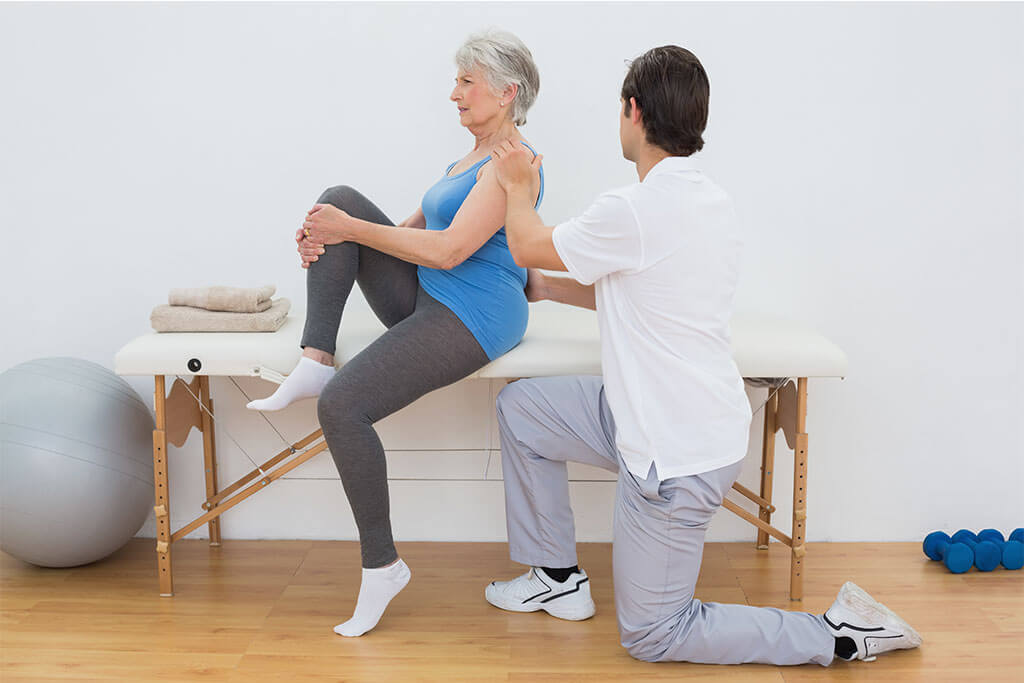With aging comes a variety of complications and chronic pains. I’m sure if you are above the age of 50, you are no stranger to backaches and pains! In this post, we will cover common causes of these aches as well as how you can cope with back pain. One of the most common reasons for back pain is muscle and ligament tears or strains alongside spinal stenosis. Both of these can cause much discomfort and pain, and can severely impact day-to-day activities. Fret not, for we are here to help! Here are some ways you can use to tackle your back pain and hopefully lessen your aches.
Engage in More Physical Exercises
Firstly, staying active and getting up and about is crucial. The more you move about, the less stagnant and stiff the joints, columns, and ligaments in your spine are. Hence, consider doing some stretching first thing in the morning and before bed, or even join some yoga and pilates classes. Better yet, exercise has also been shown to release feel-good hormones, also known as endorphins, which have been shown to help with pain management. Thus, stay active and move about to deal with chronic episodes of backaches.
Counter the Pain with Cold or Heat
Another way to help relieve chronic back pain is using an ice pack whenever you feel discomfort. Simply place a cold pack on the area for about 20 minutes, and then leave it off for another 20 minutes, repeating as often as needed. This decreases swelling and inflammation and helps temporarily combat the pain. Even a bag of frozen peas will do! An alternative to this is a hot water bottle or heat pack. This encourages blood flow to the area which loosens up your muscles. If you do not have a heating pad within reach, you can also take a warm bath which will also do the trick!
Get Adequate Rest
Sometimes back pain is caused by strains and over-exertion. This is worsened by the fact that aging slows the rate at which we recover from injuries. Thus, ensure you are not participating in activities that are too taxing or strenuous and find alternative hobbies instead. Take some time off and get sufficient rest. Sleep in a comfortable position that will not aggravate your back pain. Rest can speed up the recovery process and may have you feeling better in no time!
Take Medication
Finally, if all else fails, you can consider taking over-the-counter pain medication such as ibuprofen or panadol. These help to relieve inflammation and swelling which will momentarily put the pain on hold. However, be careful to only take the recommended dosages and not become overly reliant on them. If even these do not help, then you ought to check in with a doctor or a medical professional.
To conclude, while back pain can be uncomfortable and debilitating, you need not let it take over your life. Try out some of the suggestions above and perhaps they may help you.







